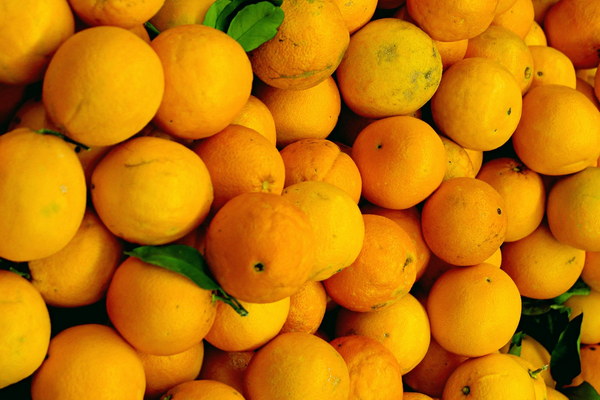Does Removing Dampness Help to Tonify the Kidneys Exploring Traditional Chinese Medicine Perspectives
In the realm of traditional Chinese medicine (TCM), the concept of dampness and its relationship with kidney health has been a topic of great interest and debate. Many TCM practitioners believe that dampness in the body can lead to kidney deficiencies, and thus, removing dampness can potentially tonify the kidneys. But does this theory hold true? Let's delve into the intricacies of this ancient practice.
Understanding Dampness in TCM
In TCM, dampness is considered a pathogenic factor that can disrupt the body's balance and lead to various health issues. It is often associated with excessive moisture in the body, which can be caused by environmental factors such as living in a damp climate, eating cold, damp foods, or even emotional stress. Dampness is believed to affect the spleen and kidneys, as these organs are responsible for transforming and transporting fluids within the body.
When dampness accumulates, it can impede the proper functioning of the spleen and kidneys, leading to symptoms such as fatigue, weight gain, bloating, joint pain, and water retention. The kidneys, in particular, are seen as the root of energy (or Qi) in the body and are crucial for reproductive health, urinary function, and overall well-being.
The Theory of Dampness and Kidney Deficiency
The theory that removing dampness can tonify the kidneys is rooted in the belief that dampness can impair the kidney's ability to store and regulate essence (Jing), which is the fundamental substance of life. When dampness invades the kidneys, it can weaken their ability to produce and store Jing, leading to kidney deficiency.

TCM practitioners often use herbal remedies, dietary changes, and lifestyle adjustments to address dampness and kidney deficiency. Herbs like astragalus, codonopsis, and cinnamon are commonly prescribed for their drying and warming properties, which help to expel dampness and support kidney function.
Practical Approaches to Removing Dampness
Here are some practical approaches to removing dampness and potentially tonifying the kidneys, based on TCM principles:
1. Herbal Medicine: As mentioned, herbal remedies can be a key component of a TCM treatment plan. A practitioner may recommend a formula that includes herbs like atractylodes, poria, and alisma to help dry dampness and strengthen the kidneys.
2. Dietary Changes: Eating a diet that is warm and dry can help combat dampness. This means avoiding cold, raw, and damp foods such as cold fruits, vegetables, and iced drinks. Instead, focusing on warm, cooked foods and warming spices like ginger, cinnamon, and turmeric can be beneficial.
3. Lifestyle Adjustments: Regular exercise, such as walking, tai chi, or yoga, can help improve circulation and reduce dampness. Additionally, getting enough rest and managing stress can support kidney health.
4. Acupuncture and Moxibustion: These traditional Chinese therapies can help balance the body's energy and remove dampness. Acupuncture points that are believed to address dampness and kidney issues may be stimulated to encourage healing.
Conclusion
While the theory that removing dampness can tonify the kidneys is a fundamental aspect of TCM, it is important to approach this concept with a critical eye. While many people may find relief from symptoms through TCM practices, scientific evidence to support the efficacy of these methods is limited.
For those interested in exploring TCM for dampness and kidney health, it is advisable to consult with a qualified TCM practitioner who can provide personalized advice and treatment. By combining traditional wisdom with modern medical knowledge, individuals can make informed decisions about their health and well-being.









